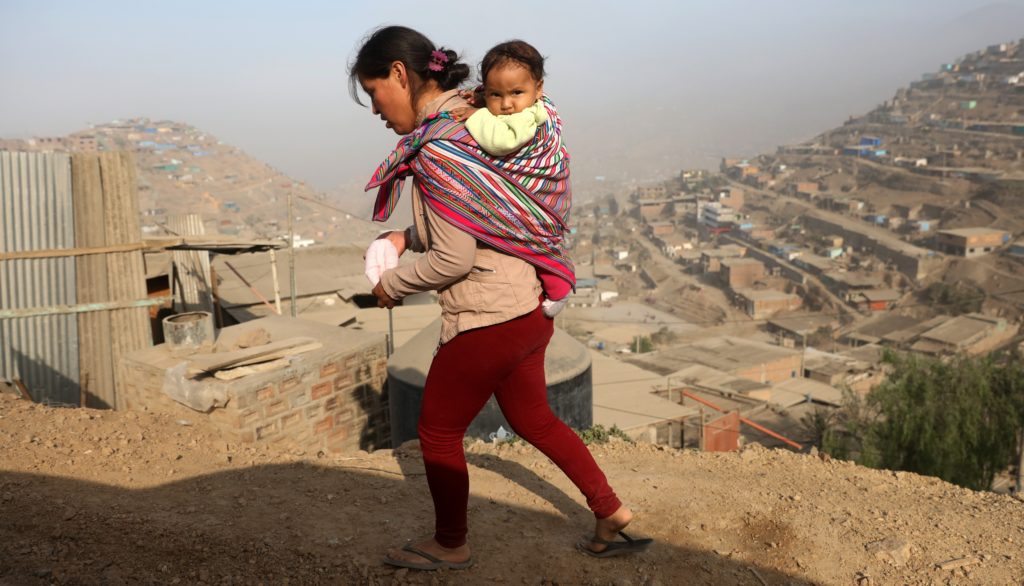It was on March 16, 2020 when everything suddenly changed. The world was in a war against an unknown virus and that March 16 it was the turn of my country, Peru, to initiate one of the strictest quarantines in the world. Since then nothing is the same.
The year to be remembered
2020 will be remembered as the year we suffered a shake-up as a society, and we began to see life differently. It seemed that we had everything we needed to live smoothly, and suddenly everything changed. We were faced with an unknown disease. Uncertainty and fear turned us into an individualistic society.
The pandemic brought out our most selfish side and revealed us as a self-centered, unempathetic and indifferent society. But, just as extreme situations exposed our weaknesses, they also revealed our side of solidarity. In a country like Peru with a precarious health system, solidarity became an obligation. The initiatives to organize and buy - for example - oxygen plants and distribute food to the poorest was more than an act of survival. In a country like Peru, where 70% of the economy is based on informality, the total closure of activities was a death shot for millions of families.
Christian solidarity
So it was that, in the midst of this desolate panorama, once again, parishes, priests and their faithful undertook the task of feeding their parishioners most in need and hit by the pandemic. The initiatives of "soup kitchens", where hundreds of people receive free food daily, multiplied throughout the country. As in the worst economic crises Peru has ever experienced, the Church, which is Mother, once again turned to the side of her neediest children.
And since man does not live by bread alone, it is imperative that the civil authorities reflect on the importance of spirituality in the serious moments that arise after the pandemic and the thousands of deaths that it has brought with it.
Churches must remain open with all the established security protocols. People need to pray, to feel heard by God, to receive comfort from their priests, who also often risk their lives visiting the sick, with the sole purpose of bringing them the sacraments, the word of God and hope.
A break in our lives
If the pandemic and the imposition of successive restrictive measures forced us to take a break from our hectic lives, may this forced pause lead us to examine and reflect on our relationship with God and with our neighbor, with our family and with those we have harmed and those who have harmed us.
This emergency presents us with a challenge as Christians: to find a new way of living in giving ourselves to others. To this new way of living -to which circumstances force us-, let us add solidarity, dedication without expecting anything in return. Let us explore and not neglect the good that we have discovered within us, because God created us good, but sometimes we do not externalize it.
Solidarity or indifference?
Therefore, we should ask ourselves what has been our attitude towards those who have less, if we have been indifferent or supportive, and from that point on, it is pertinent to ask ourselves what we will do in the future.
We have already discovered that together we can achieve great things, it is time to unite more, restore our lives and help others restore theirs.
The cross has become evident to us in this period, but the cross is also the hope of resurrection. Let us not lose hope, let us trust in God.
It is fundamental that prayer accompanies us at this stage, because in this sincere dialogue with the Lord we take his hand to tell him that without him we can do nothing, and with him we can do everything. No one is so poor that he has nothing to give, and no one is so rich that he has nothing to receive.









